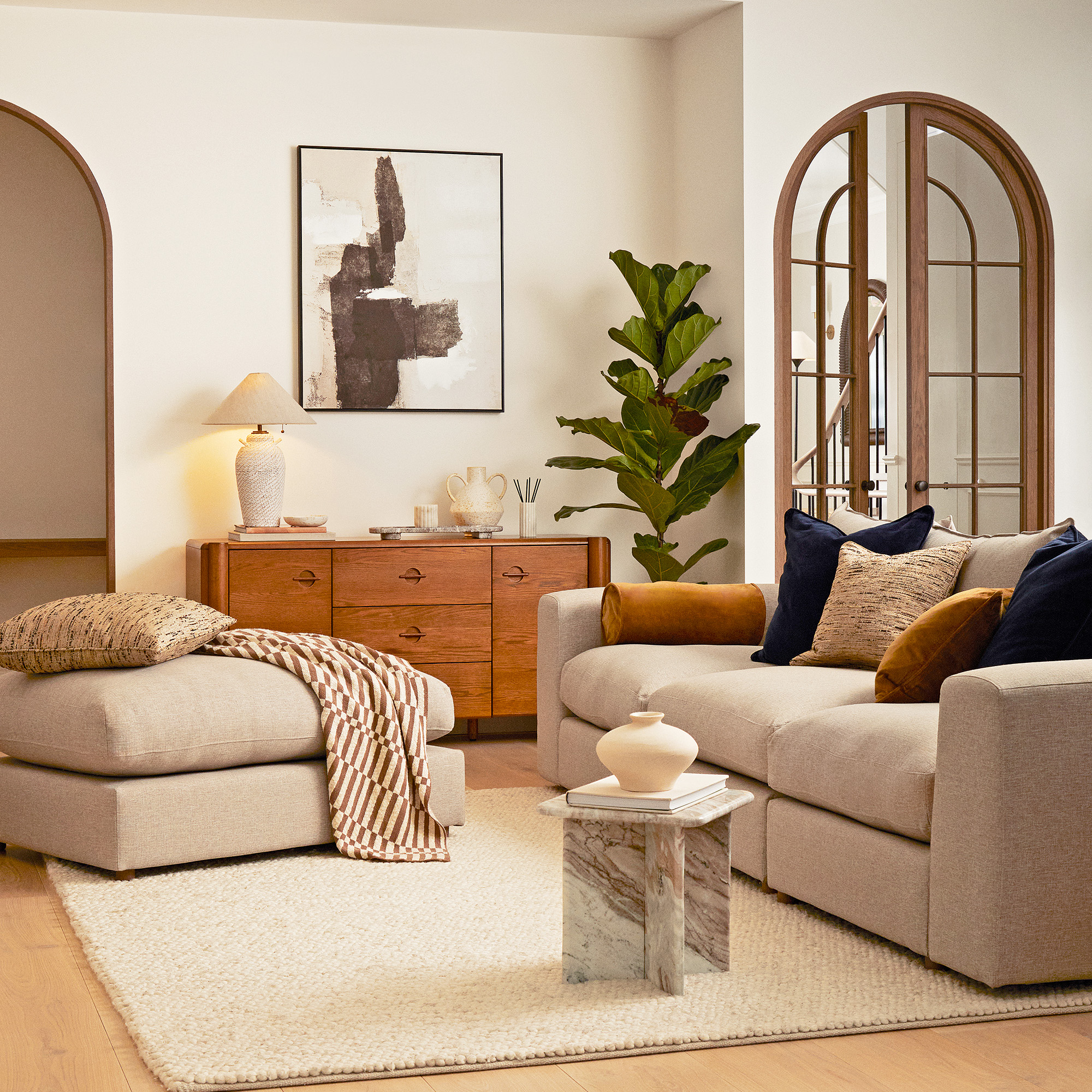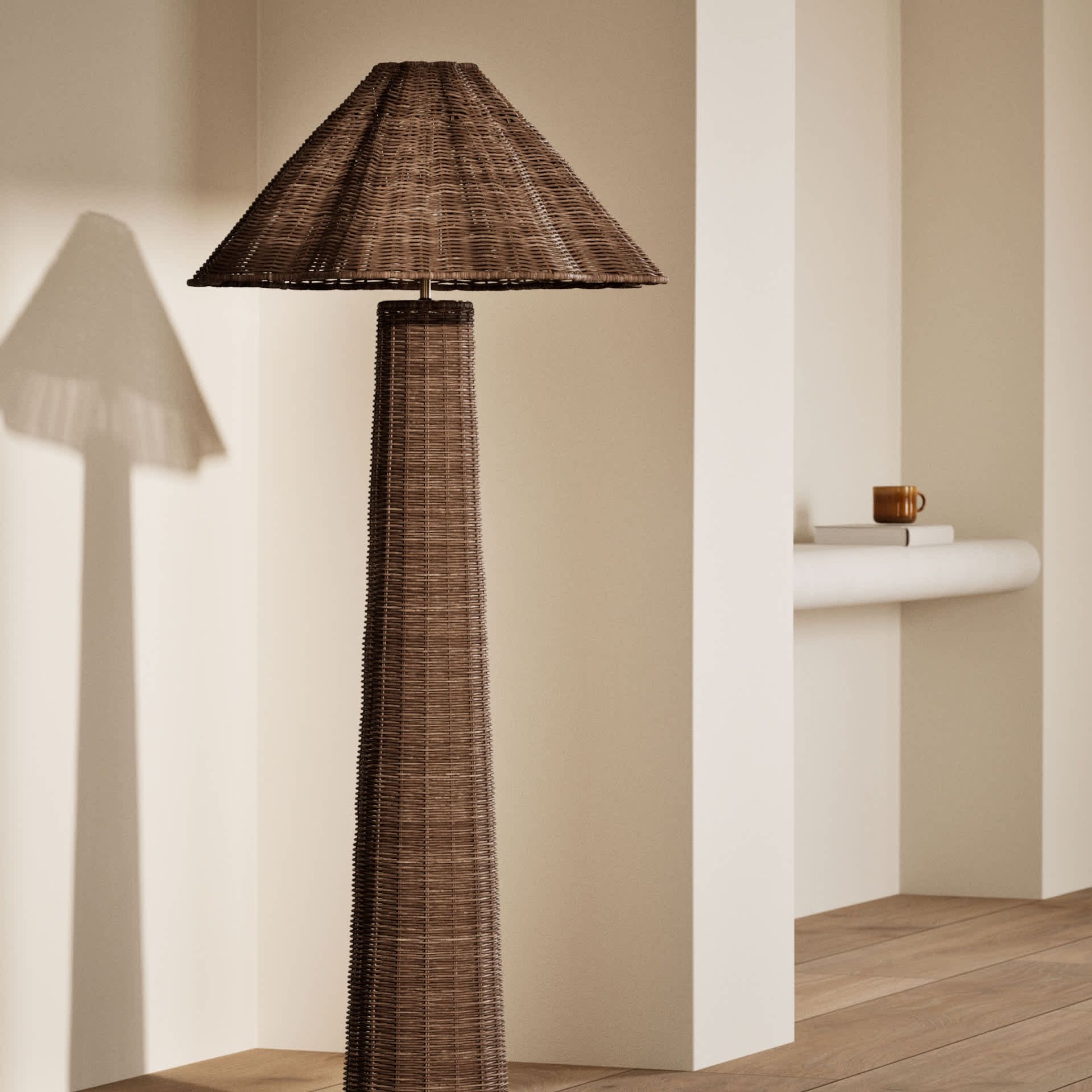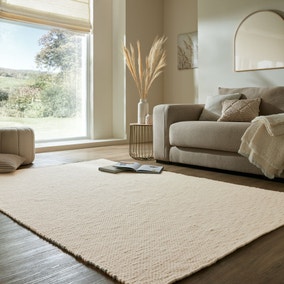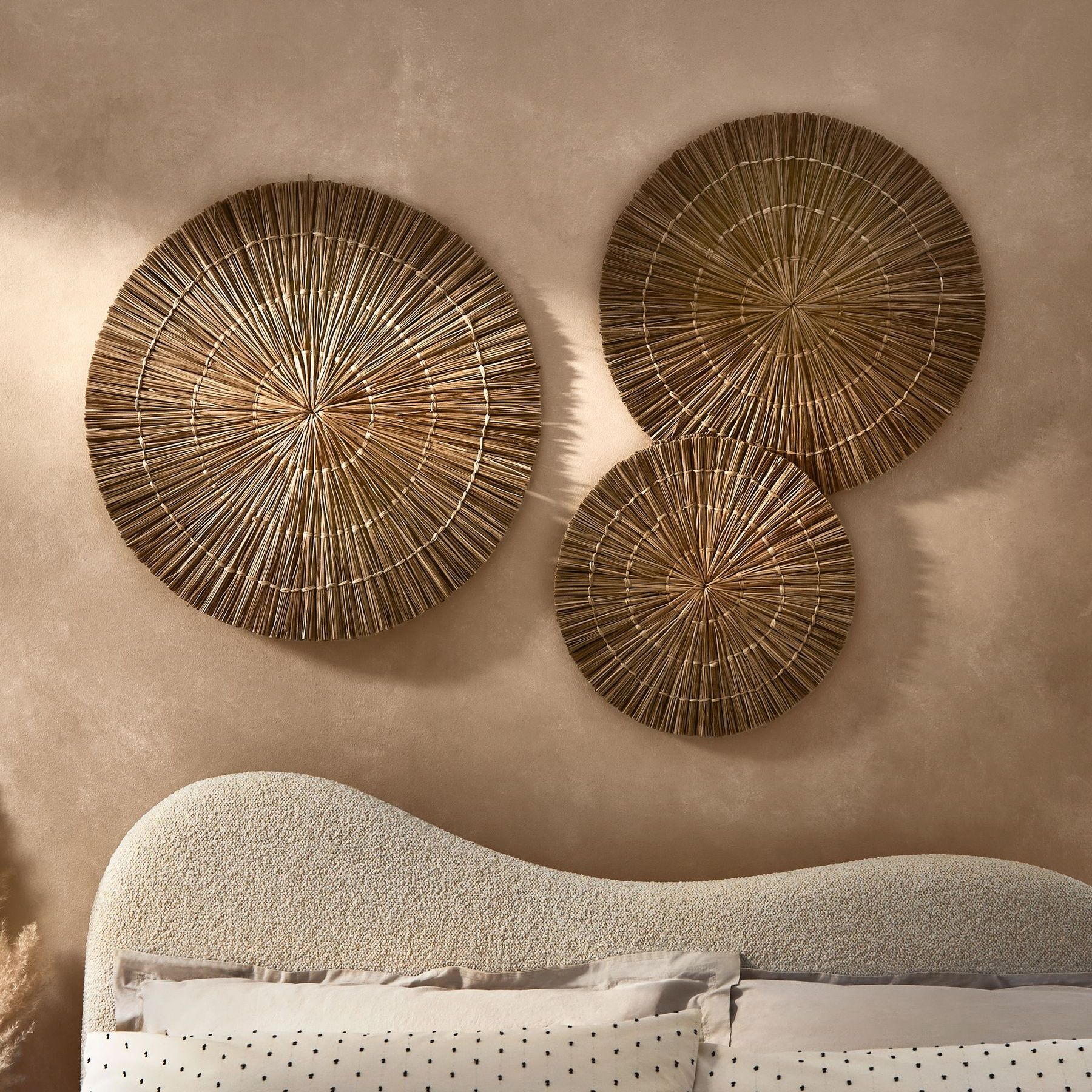Neutrals are often dismissed as the ‘safe option’; however, there is huge potential in these earth-inspired hues. One of the beauties of this home decor trend is that they all complement each other, making layering easy. Interest can then be added with different textures.
‘Designing with a neutral palette doesn’t mean a space has to feel flat or uninspired. It’s all about layering textures, subtle patterns, and carefully chosen accent colours to create depth and character,’ explains Carina Raymond from Studio Raymond.
Interior designer Laura Stephens seconds this: ‘When designing a space with a neutral palette, it’s important to layer textures and patterns to create depth and character. Neutrals don’t have to mean dull; by carefully balancing pattern, texture, and tonal variations, a space can feel both restful and visually engaging.
1. Start with a neutral base
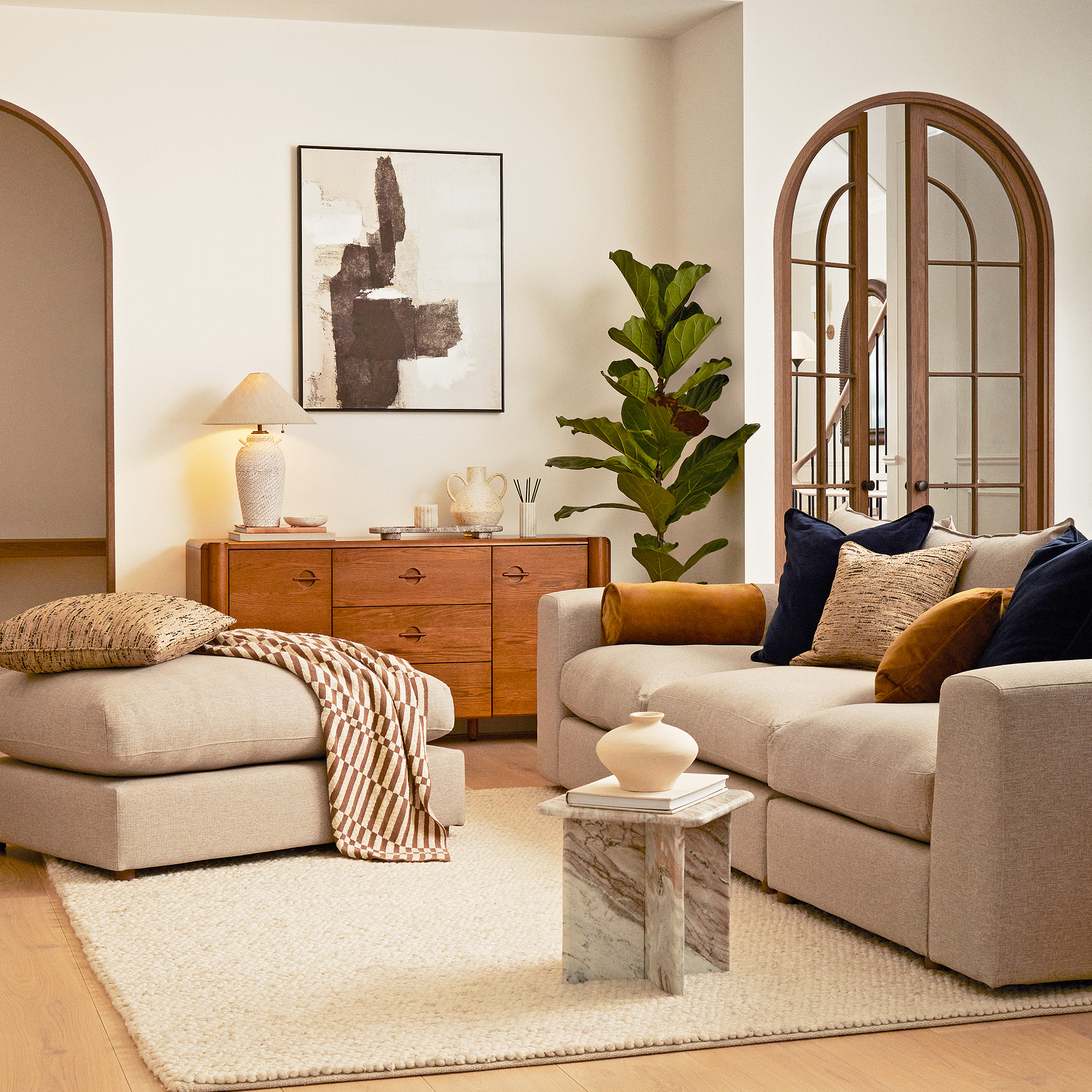
(Image credit: Dunlem)
If you want the mix of textures to be the hero in your scheme, keep the bones of the room neutral – interior designers’ favourite neutral paint shades provide the perfect starting point.
‘Neutrals go with everything and keeping the colour palette neutral lets you layer up a mix of materials and textures to draw you in and add depth,’ advises Heather Young, editor-in-chief at Ideal Home.
Try choosing a chalky off-white for the walls, add warmth with a soft taupe for both the walls and ceiling, or if you want a moodier feel, try a rich, earthy peat tone to contrast with pale oak furniture and lighter fabrics.
2. Use texture as a highlight
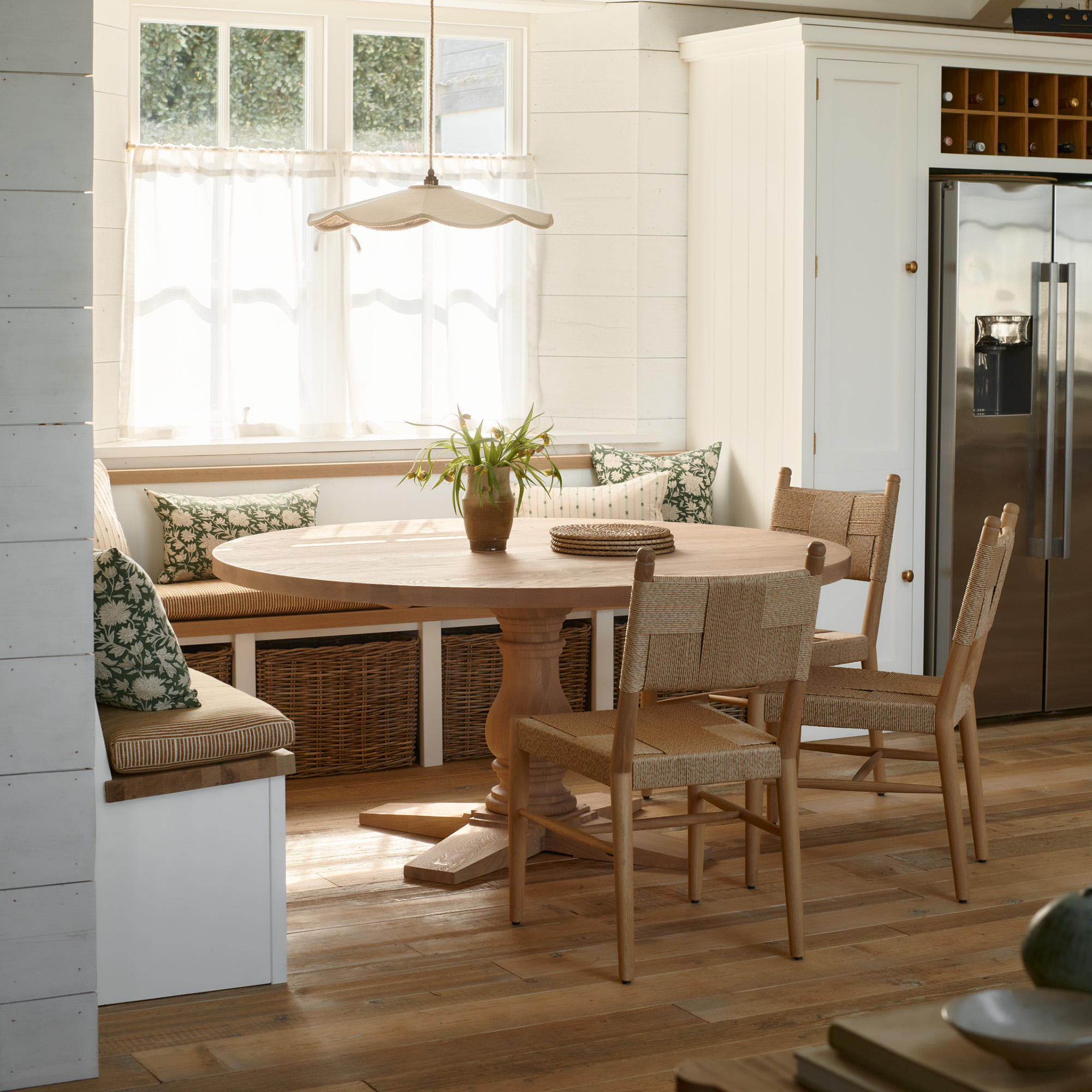
(Image credit: Neptune)
Define areas using contrasting textures and materials, just as you would use colour or pattern in your scheme to highlight features and add accents. For example, a panelled wall makes a statement feature wall idea behind a bed, while herringbone terracotta floor tiles add wow factor and pattern to a hallway.
Here, wicker storage baskets – like these from Amazon – and handwoven rattan chairs break up the solid wood surfaces in this modern country-style kitchen, which, along with the sheer linen café curtain – like this from Marley linen design from Dunelm – gives the space a softer feel.
3. Create balance
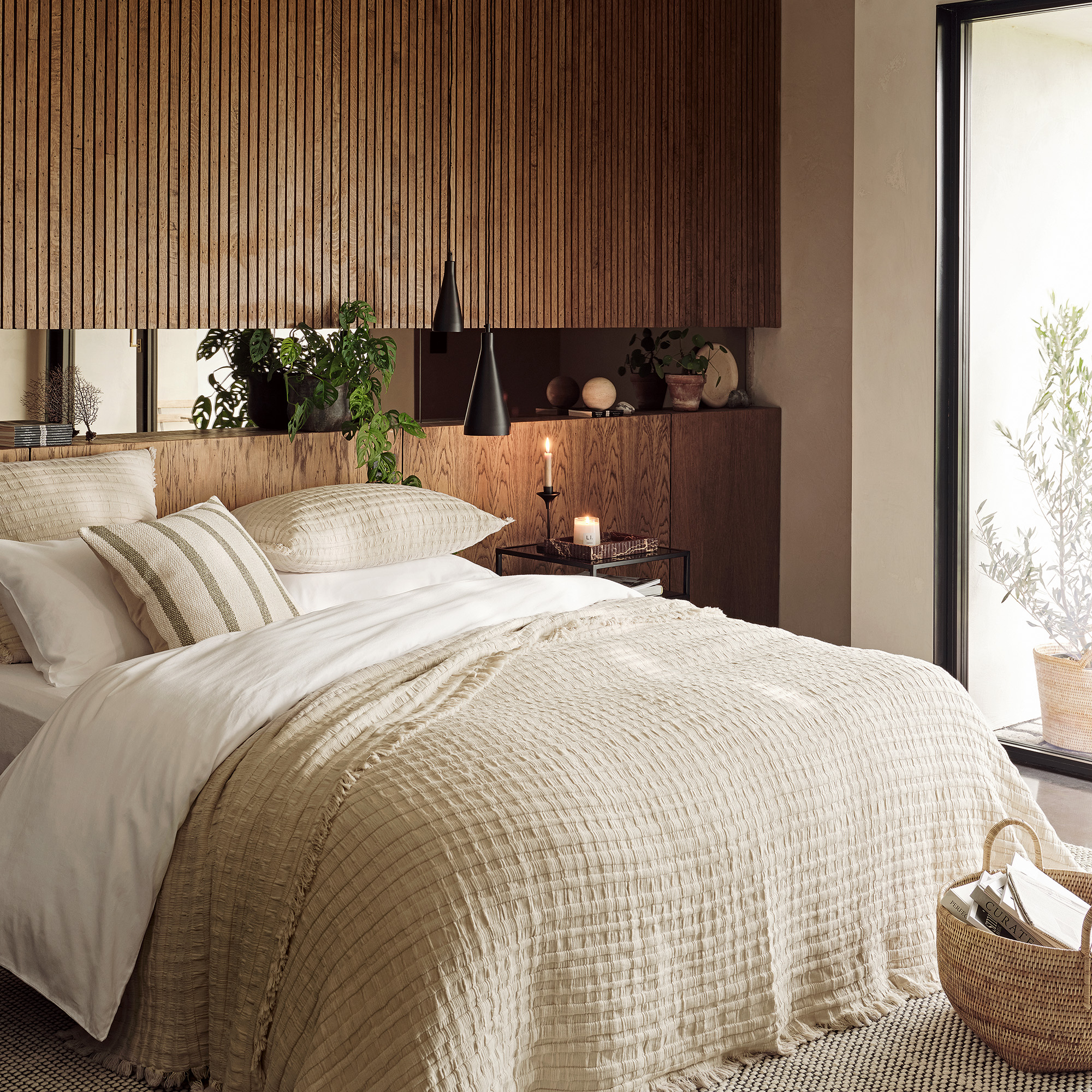
(Image credit: Layered Lounge)
Just as a room that’s decorated in all one tone of colour can appear flat and bland, a room that lacks contrasting textures will feel lacklustre. Balance hard stone and wood with soft, drapey linens and felted wool. Also, balance warm and cool textures: layer rich terracotta and oak with cool marble and metal finishes.
Here, rich coffee-toned fluted bedroom panelling covering the wall behind the bed creates a cosy feel in a contemporary bedroom, using panels of different widths, broken up with a mirror-backed recessed shelf to add depth.
For similar panelling, try Panelling by Sophia’s paintable fluted wall panel available at B&Q.
‘Layer your bed with soft, slubby linen throws and cushions, the perfect contrast to harder surfaces like textured panelling,’ says Ginevra Benedetti, deputy editor at Ideal Home.
4. Get the light right
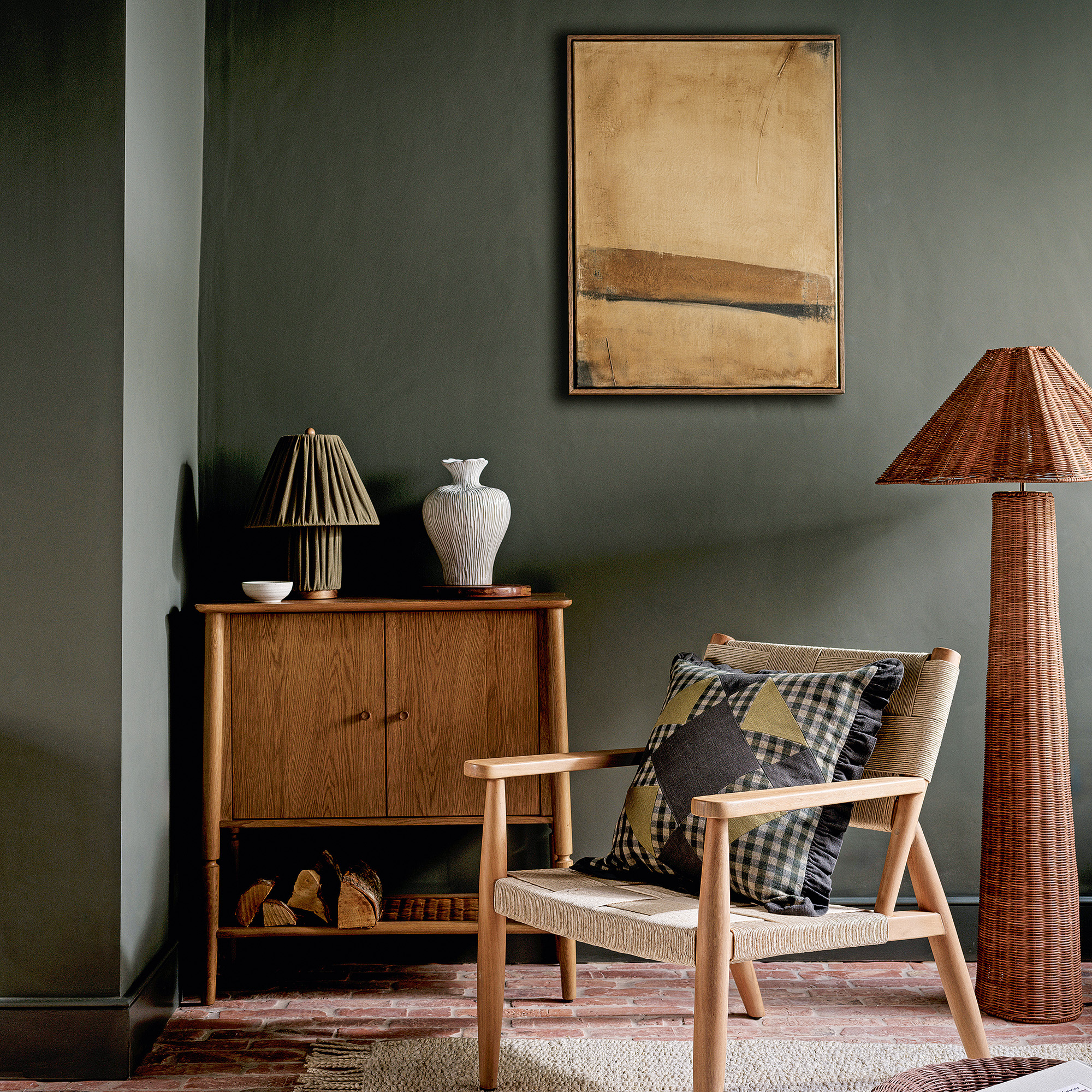
(Image credit: M&S)
Natural materials come alive when lit properly, whether that’s sunlight being gently filtered by a linen curtain and highlighting a woven seagrass rug, or angled wall lighting creating playful shadows over a panelled wall.
Layer up floor, table and wall lamps, as well as candles, for a soft, subtle glow.
5. Try texture drenching
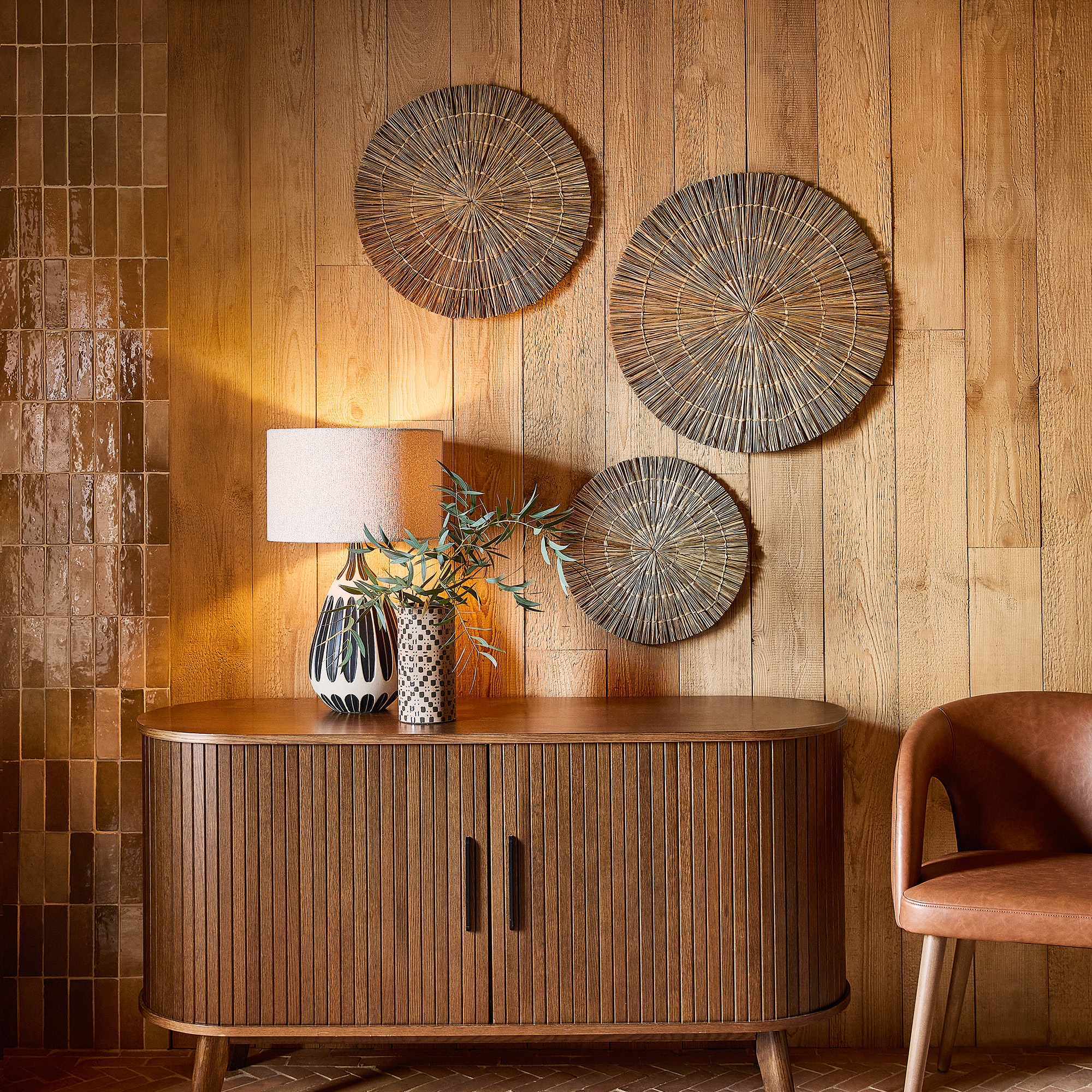
(Image credit: Next)
Colour-drenching was the biggest paint trend of 2025; however, for neutral spaces, texture drenching offers the perfect way to bring tactility and depth to a space.
Browns are trending, and wood is a great material for drenching. ‘Wood-drenching is a great way to add intrigue to spaces thanks to its versatility and timeless appeal. Ideal for adding character to modern spaces, wood-drenching helps to create a sense of cohesion, injecting a space with personality. Whilst in older or architectural properties which have focal points such as high ceilings or beams, wood-drenching helps to enhance these existing features with ease,’ says Anthony Scott, global production and innovation director at Havwoods.
‘To create a multi-layered wood-drenching look, combine tactile textures that add weight and depth with different colourways and species.’

